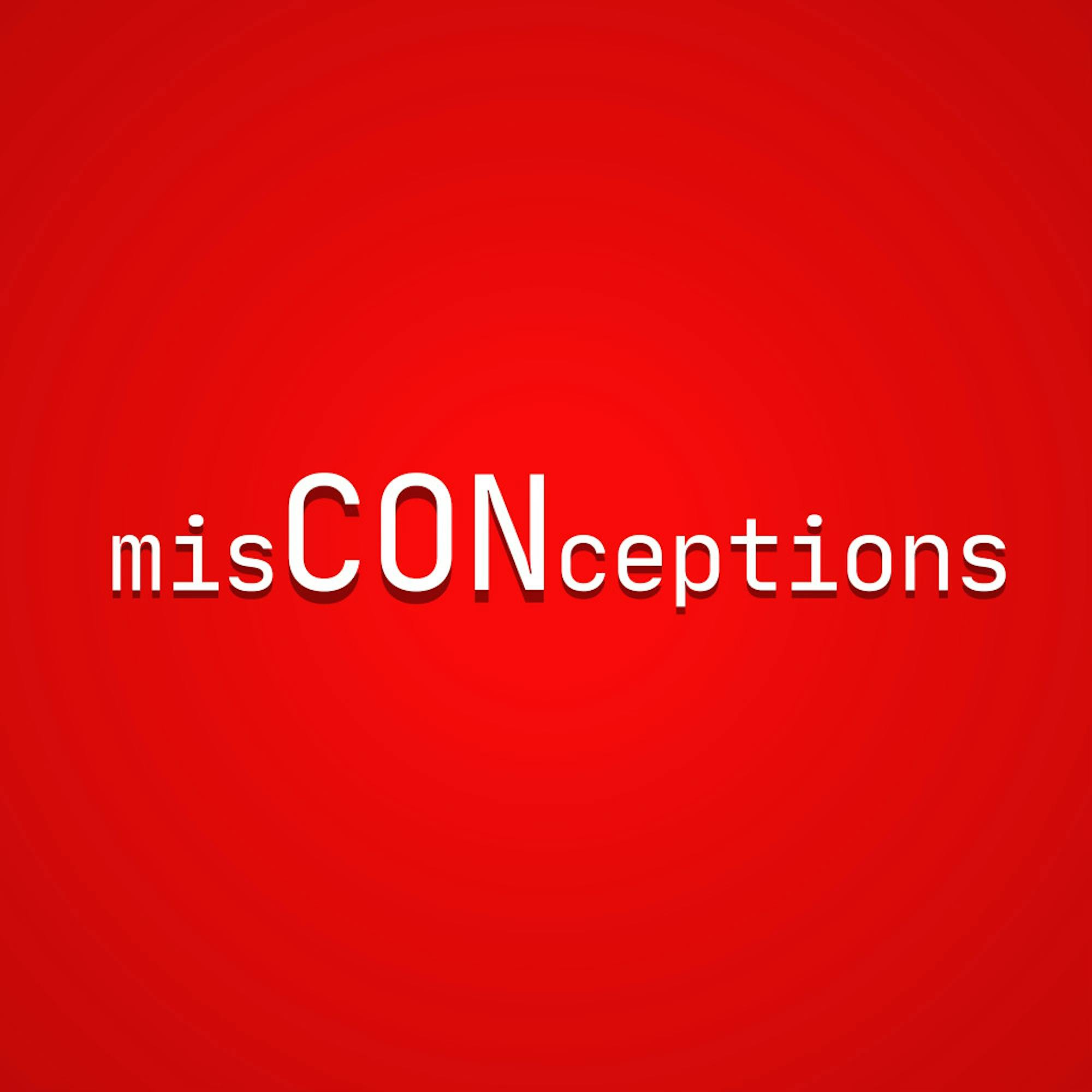America is dying. Whether you believe it is ill due to climate change, rising bigotry and predatory billionaires, or moral degeneration, family breakdown and a loss of unity may vary depending on your political ideology. However, we fear that in a time of increasing polarization, marked by the demonization of the opposing side in echo chambers found on the right and left, Americans are failing to understand what those with opposing viewpoints truly believe.
For starters, negative campaigning, which seeks to tarnish the reputation of an opponent without building oneself up, continues to proliferate with pernicious effects. Though many students at Tufts likely came to political consciousness during the volatile Trump presidency, there was, in fact, a time when attack ads were less common, and Americans more frequently had friends from across the aisle. Social science data indicates that the parallels between attacks from politicians and the attitudes of citizens toward the opposition are even deeper, encapsulated by a phenomenon known as “negative partisanship.” Political scientist Chris Weber from the University of Arizona summarized the trend as the idea that Americans are not growing more fond of their own parties, but instead are holding much more contempt towards the opposition compared to previous eras.
In his book “The Righteous Mind,” social psychologist Jonathan Haidt presents research demonstrating that those who are “very liberal” have more erroneous notions of centrist and conservative philosophies than individuals on all other parts of the spectrum. Tufts, by all available metrics, is quite liberal, meaning that if our political ramblings are to do any good, they are best suited on this campus. The 2022 DEI Campus Climate survey found that the majority of responding students who answered are either “very liberal” or “liberal,” while less than 5% consider themselves “conservative” or “very conservative.” If these rates are accurate, some students could study for four years on the Hill without ever having a meaningful relationship with someone who identifies as conservative.
Maybe we will never meet you in person, but we implore you to give us the opportunity to articulate our philosophy while reserving your aspersions until you understand our position. If you still think we are wrong after digesting this column, then let us hear it. Maybe we are — a dose of humility is healthy.
We note that we do not speak on behalf of all conservatives. Though we believe that our positions are authentically conservative, we recognize that the movement is divided. We are not libertarians. We are conservatives. Many tend to conflate the two, particularly within the conservative movement. Libertarian views tend to be associated with wealthy elites or the college-educated population, unlike other forms of conservatism which are much more prevalent in the hearts of average Americans (particularly ones in the much-maligned “fly-over states”). These are the people who many of us fail to encounter in our East Coast elite university bubble. Maybe, if we can understand them, and understand each other a little better, we can get along and fix what many on both sides agree is dying: our beautiful country.






